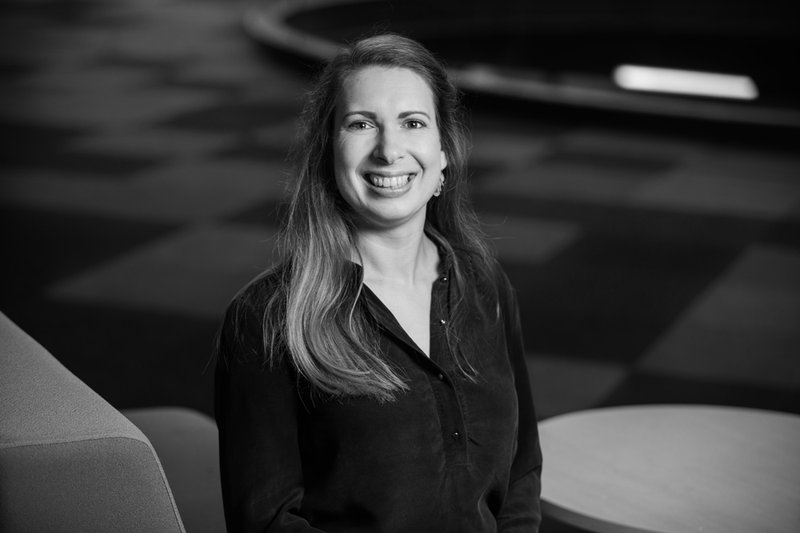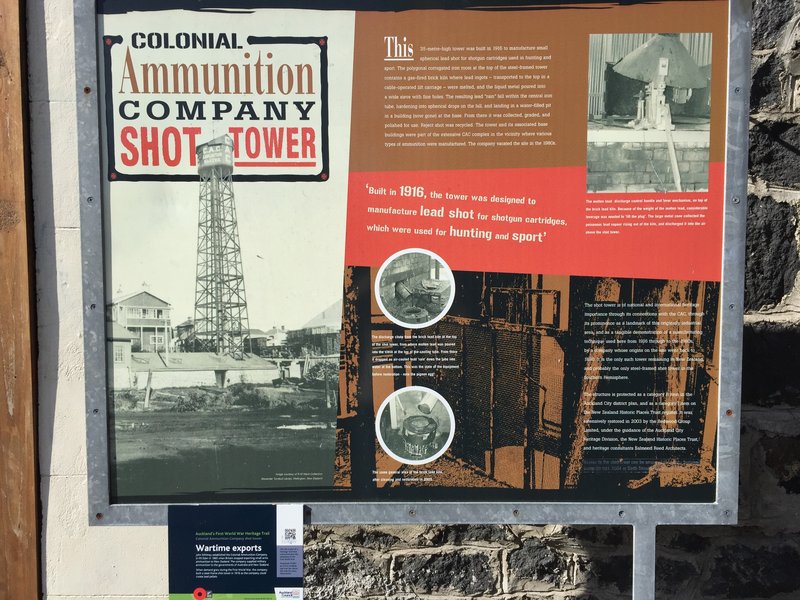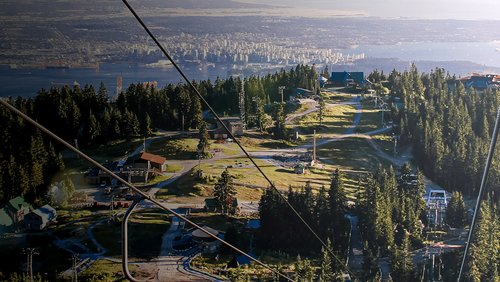10 Aug 2021
This month, we speak with Andrea Kolb from the University of Auckland. Andrea is a Professional Teaching Fellow (PTF) in the Chemical & Materials Engineering department.
What is your role at the University of Auckland?
I work as a Professional Teaching Fellow (PTF) in the Chemical & Materials Engineering department.
I teach thermodynamics to our large first-year Engineering cohort and aspects of renewable energy technologies and storage solutions to third-year Chemical & Materials Engineering students.
Is there an academic who inspired you to enter the world of academia?
Yes, various academics inspired me to follow in their footsteps.
Prof. Karl-Heinz Jacob taught me three semesters of physical chemistry as a chemical engineering undergraduate in Germany. I had a tough time getting the hang of physical chemistry. But Prof. Jacob helped inspired me to stick with it, despite the struggles I went through initially. Along the lines: "When you are trapped in a cave by a bear, you have two choices: wait until the bear comes in and mauls you, or you storm out to scare away the bear." I guess I stormed out.
In my fourth year, I did a 5-month research thesis under his academic supervision in an industrial laboratory at Siemens; and I fell in love with how physical chemistry is applied to materials science. Many years later, I see that Prof. Jacob's support was instrumental in my becoming a passionate research engineer and educator.
Prof. Jim Johnston, my PhD supervisor from Victoria University of Wellington, also played a big part in my career decisions. He always encouraged me to spread my wings, including becoming an outreach ambassador for FutureIntech – now replaced by Engineering New Zealand’s Wonder Project. Jim often mentioned how inspiring and rewarding it is to work with young people. And what shall I say? I fully agree with him.
What's the best thing about teaching engineering to students?
That the students are curious and persistent. They don't seem to shy away easily from a challenge, which fuels my passion for teaching.

Andrea Kolb
How do you teach the Washington Accord to your students?
Some students already understand the Washington Accord because they are keen on gaining working experience overseas or are international students.
In general, I explain the Washington Accord as a sort of hallmark or seal of quality. I bring up online resources such as the Engineering New Zealand website on the big screen in the lecture theatre and link the content to the Bachelor of Engineering (Honours) graduate profile. Depending on a course's objectives, we talk more about what expectations the outside world has on graduates from a Washington Accord accredited program.
Overall, the students find this discussion interesting and sometimes even eye-opening because they better understand what opportunities and responsibilities come with their degree.
What is one tip you would give all engineering students?
You are not the problem; engineering is sometimes just very hard. If you feel like you are out of your comfort zone when solving a complex problem, keep going and recognise that these struggles help you grow personally and professionally.
How do you introduce and incorporate sustainability concepts in your teaching?
Unfortunately, global heating and natural catastrophes caused by changing climate lend themselves to discussing environmental and ethical aspects of sustainability with students.
In a first-year course called 'Energy and Society', I discuss the fundamentals of thermodynamics and their application to renewable energy resources and energy storage solutions such as large-scale lithium-ion batteries and biofuels. Discussing pros and cons is crucial to make students understand that every coin has two sides and that solutions might appear perfect only at first glance.
In a third-year course called 'The Future of Energy', the students must dig deeper. The teaching team helps students for 12 weeks to identify strengths, weaknesses, opportunities, challenges of various non-renewable and renewable energy resources and their storage solutions in the context of climate change, greenhouse gas emission scenarios, and energy consumption. I feel I’m doing my job right when a student says out loud something like, "I had no idea… What are we going to do?". Then the real work starts.
Why are you a member of Engineering New Zealand?
Engineering New Zealand helps me stay connected with the industry where I started. By knowing the needs and directions of the industry, I can better help prepare the next generation of engineers for their first industry experience.
Engineering New Zealand also is a huge help in connecting academics. For example, since the first Covid-19 lockdown in 2020, I attend Engineering New Zealand’s monthly virtual catch-ups where we talk about current topics such as the challenges of emergency remote teaching and online assessment.
What's your favourite piece of engineering in Auckland?
The historic Shot Tower in Mt Eden. I noticed the structure on a stroll through the neighbourhood. I looked at it and thought it was a weird type of water tower because the reservoir is far too small to collect a decent volume of water. Then I saw the sign (see photo below), and my mind instantly wandered off into the wondrous world of materials engineering. I highly recommend you have a look yourself. Fascinating. And such a smart manufacturing process. By the way, Engineering New Zealand has also done a story on the ShotTower.

Auckland Shot Tower
What do you do in your spare time?
Cycling because I have decided against owning a car and rarely use motorised transportation (although my e-bike technically has a motor – but no throttle!). I cycle to work, the farmers market in Grey Lynn, Mission Bay for a cup of delicious chocolate sorbet, French Bay for a picnic on the beach, and many other places. As one would say, "the sky is the limit", or in my case, "the e-bike battery capacity is the limit".
I’m also a vegan foodie, always on the lookout for a new and exciting eatery experience. You can also find me selecting flavoursome fresh herbs in our community garden, looking after our worm farms, or trying to help my mates win the pub quiz at our local.





